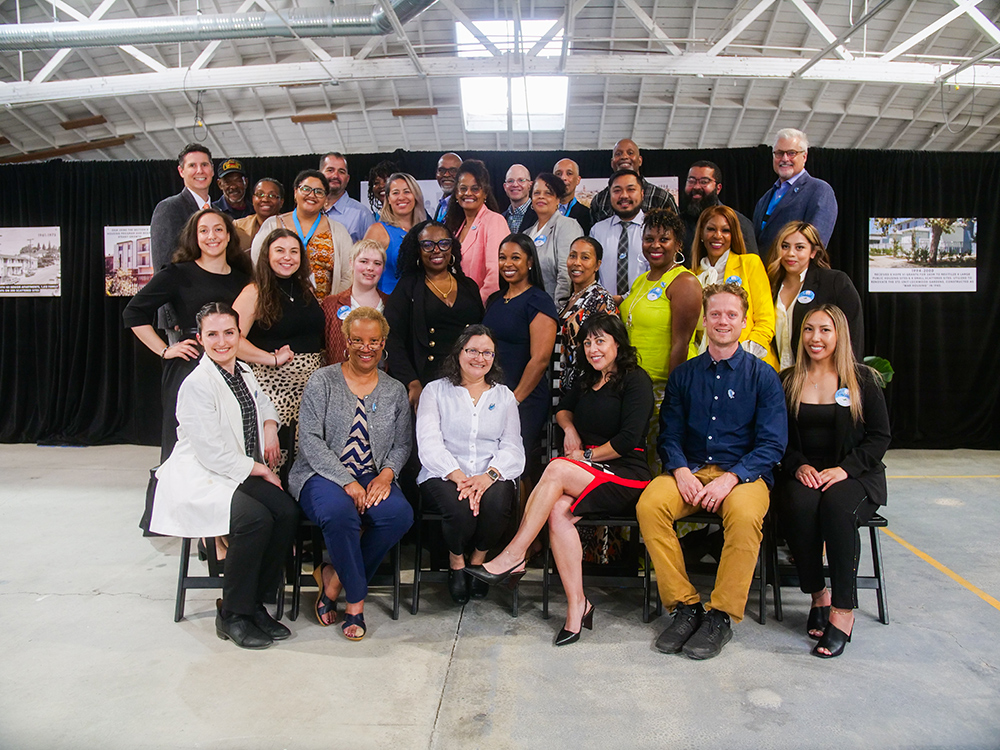
Communications & Records Unit
Communications & Records Unit
Overview
The Communications unit is staffed with eleven (11) full-time positions which include seven (7) Police Service Aides, two (2) Lead Police Service Aide’s, a Communications Records Supervisor and Communications Records Manager.
The agency operates its own communication center 365 days a year providing police dispatching for thirty-four designated sworn positions. The Oakland Housing Authority Police Department Communication’s Unit receives calls that impact OHA management, employees, residents and/or visitors of OHA properties located throughout the City of Oakland. Communications staff are responsible for obtaining call information, determining the priority level of requests for service and mitigating those calls by dispatching OHAPD officers as well as other resources to include medical, fire or other law enforcement responses. The agency does not provide full-service policing to its population and operates as a supplemental policing entity to the City of Oakland Police Department (OPD). The OPD Community Unit serves as the primary law enforcement agency in the City of Oakland.
Dial 911 in any emergency. An emergency is any serious situation where a police officer, fire fighter, or emergency medical help is needed right away. If you are calling from an Authority Facility PBX it is necessary to dial 9-911 (dialing 9 to get an outside line).
For Police related situations it is important to remember that the Oakland Housing Authority Police Department is not vested with 911 responsibility, it is the sole responsibility of the City of Oakland Police.
The Records Unit is a vital part of the Police Department as it is the first point of contact for many Oakland Housing Authority residents and visitors. Those who walk through our doors are greeted by the agency’s professional Records & Communications team. Victims of crime, or those needing assistance (after being involved in a police incident, accident, or having their vehicle towed), receive aid, either on the telephone or at the front counter.
The Records Unit is responsible for report management and review all paperwork and reports filed by Officers for completeness and accuracy. The reports include arrest reports and crime reports that are disseminated within a strict timeframe and documentation prepared for the Alameda County District Attorney’s office for pre-trial review and charging. In addition, the Records unit also handle criminal and civil subpoenas, warrants, provide assistance to outside police agencies, process requests from the District Attorney, and perform monthly audits. Several local, State, and Federal criminal computer systems rely on the accuracy and completeness of the Records Division’s work and timely data entry processes.
If you need to obtain a police report, call 510-535-3100 or fill out the records request form attached.

